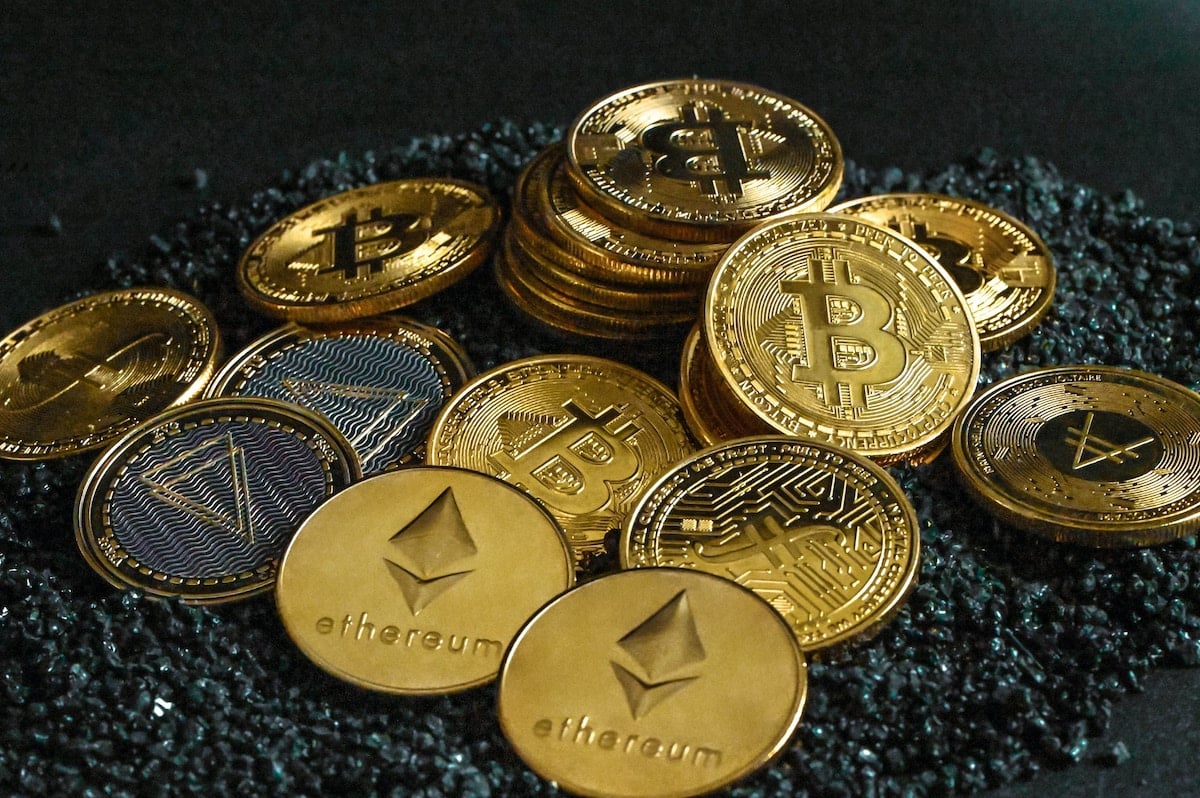Table of Contents
Since the send-off of Bitcoin in 2009, the digital currency scene has gone through a huge change. Today, there are various cryptographic forms of money accessible, each with unmistakable functionalities, applications, and exchange handling speeds. As the interest for quicker and more proficient exchange handling keeps on rising, it is urgent to recognize that digital currencies can deal with exchanges rapidly. This article will feature the five best digital forms of money that are supposed to have high exchange speeds in 2023. In addition, many websites will support traders in their trading journey by improving their strategies using this tool.
What are transaction speeds in cryptocurrencies?
Exchange speed alludes to how much time it takes for a crypto exchange to be affirmed on the blockchain. One of the basic elements decides the proficiency of a digital currency. The exchange speed is typically estimated in exchanges each second (TPS). The higher the TPS, the quicker the exchange handling time.
Exchange speed is a critical calculation of the digital money environment since it decides the proficiency and convenience of cryptographic money. Slow exchange rates can bring about significant delays, high exchange charges, and diminished client fulfilment, which can eventually upset the reception and development of digital money.
As of late, the interest in quicker and more productive exchange handling has prompted the advancement of different blockchain arrangements and agreement calculations. For instance, some digital currencies have carried out advancements, for example, sharding, off-chain handling, and designated confirmation of stake (DPoS) to speed up and throughput.
Generally speaking, exchange speed is a fundamental part of digital currency execution, and it is a vital component to consider while picking cryptographic money for use in different applications. High exchange rates can furnish clients with a superior encounter, decrease costs, and empower the blockchain to deal with additional exchanges, at last adding to the development and outcome of the digital money environment.
Why are transaction speeds important in cryptocurrencies?
Exchange speeds are essential in cryptographic forms of money since they decide the productivity of the blockchain network. Slow exchange paces can prompt deferrals, high exchange charges, and diminished client fulfillment. With the rising reception of cryptographic forms of money in different businesses, it’s pivotal to have a quick and effective organization that can deal with a high volume of exchanges.
Ethereum (ETH)
Ethereum, being the second-biggest digital money concerning market capitalization, right now has an exchange speed of up to 15 exchanges each second. In any case, Ethereum’s designers are chipping away at a few redesigns, including Ethereum 2.0, which is expected to speed up to 100,000 exchanges each second. This redesign is supposed to make Ethereum one of the top digital forms of money with high exchange speeds in 2023.
Ripple (XRP)
Ripple, with an essential spotlight on conveying quick and productive cross-line exchanges, brags an exchange accelerates to 1,500 exchanges each second, making it one of the quickest cryptographic forms of money on the lookout. The utilization of Wave’s trend setting innovation, for example, its agreement calculation and advanced signature highlights, empowers fast and secure handling of exchanges.
Stellar (XLM)
Stellar is a decentralized stage that empowers quick and modest cross-line exchanges. It has an exchange speed of up to 4,000 exchanges each second, making it one of the quickest cryptos on the lookout. Stellar’s agreement convention, known as the Stellar Agreement Convention (SCP), takes into consideration quick exchange handling times and high organization throughput.
EOS (EOS)
EOS is digital money that focuses on giving quick and versatile blockchain arrangements. With an exchange speed of up to 3,000 exchanges each second, EOS stands apart as one of the quickest digital forms of money on the lookout. Its assigned verification-of-stake (DPoS) agreement calculation is intended to work with fast and productive exchange handling, settling on it as an optimal decision for high-volume exchanges.
Tether (USDT)
Tether (USDT) is a stablecoin that is fixed to the US dollar at a 1:1 proportion. It is one of the most generally utilized stablecoins and is much of the time utilized for moving assets between trades or as a method for safeguarding against unpredictability in the digital currency market. The stockpile of USDT is supported by saves held by Tie Restricted.


